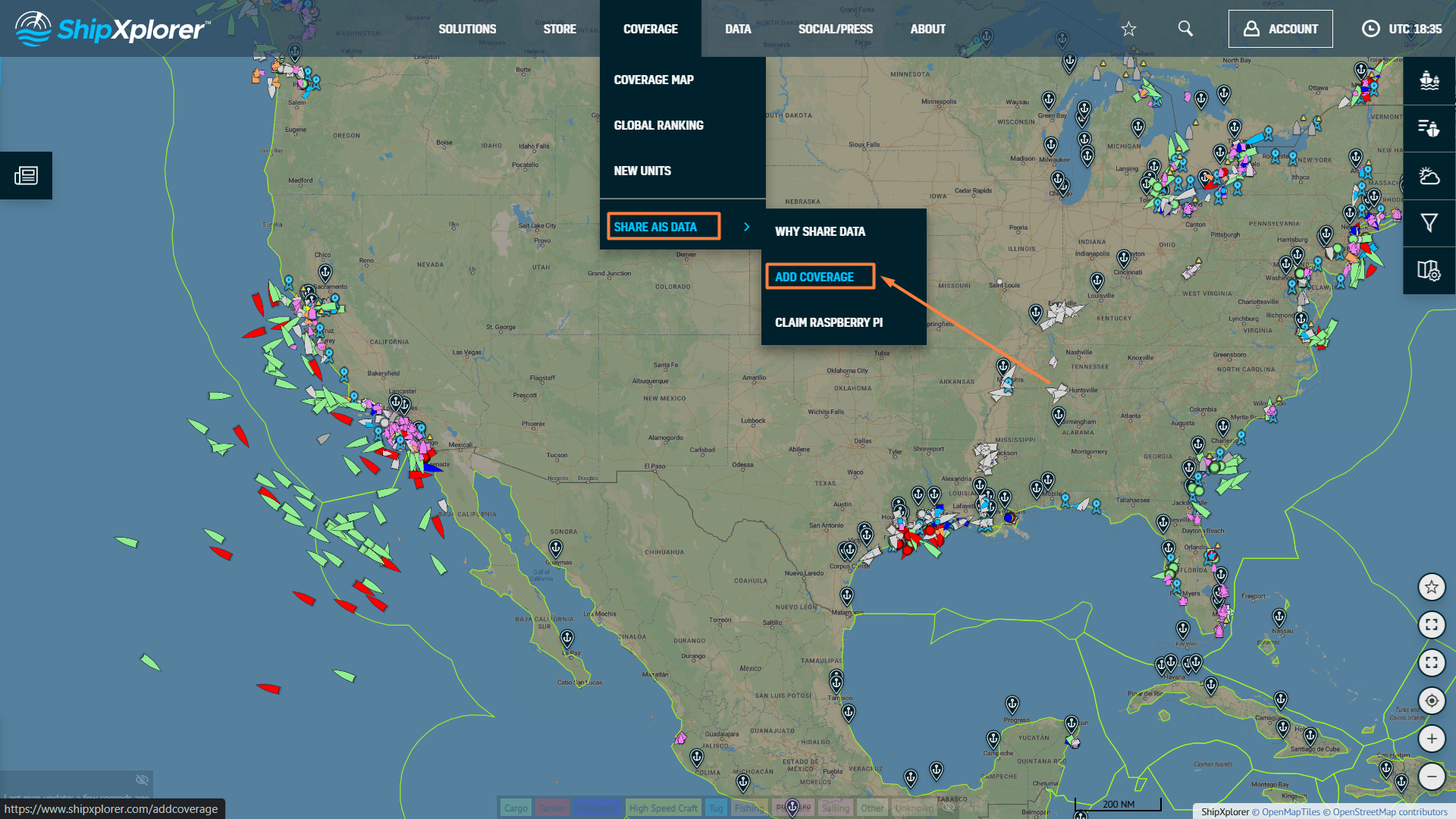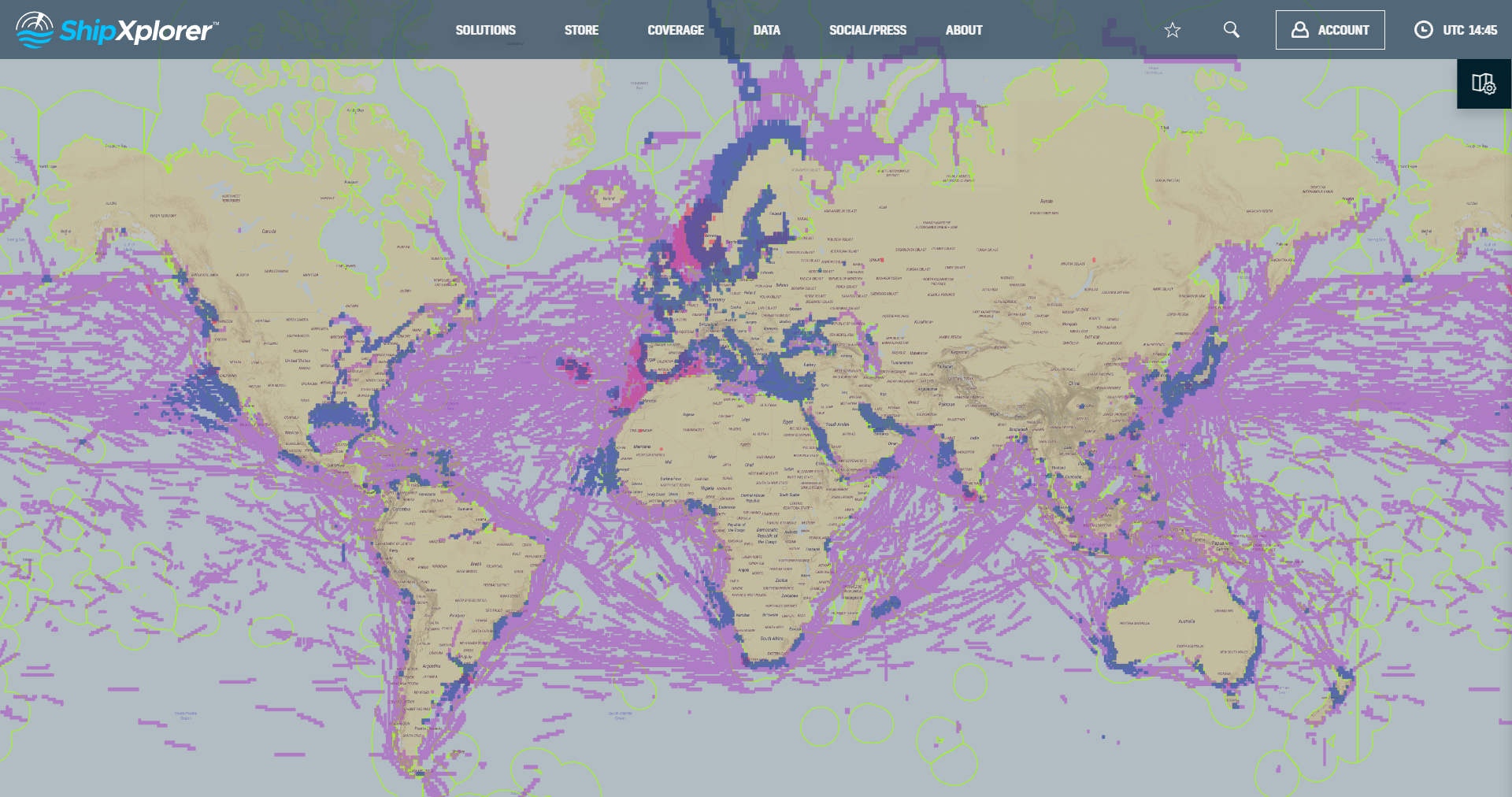Revenues of Egypt's Suez Canal drop by 57.2 pct due to Red Sea tension
.jpg)
Axelspace Corporation, CC BY-SA 4.0
The Suez Canal, a vital artery for global trade, has faced a significant downturn in transit receipts in the first quarter of 2024, and according to a statement released Monday by the Central Bank of Egypt (CBE), the canal's transit receipts plummeted by 57.2 percent, amounting to 959.3 million U.S. dollars. This sharp decline highlights the challenges facing this crucial maritime route.
Decline in Receipts and Tonnage
The statement from the CBE also revealed that the Suez Canal's transit receipts decreased 7.4 percent from July 2023 to March 2024. During this period, receipts totaled 5.8 billion dollars, down from 6.2 billion dollars in the same timeframe the previous year. This drop is further compounded by a decline in net tonnage, which fell by 15.6 percent to 944.9 million tons. Additionally, the number of vessels transiting the canal decreased by 11.5 percent, painting a stark picture of the current state of maritime traffic through this critical waterway.
Causes of the Decline
The CBE attributed the decline primarily to Red Sea maritime traffic disruptions, which forced many commercial shipping companies to alter their routes. The region has been plagued by instability since the outbreak of the Gaza conflict in October. Yemen's Houthi group has been a significant source of these disruptions, repeatedly attacking ships linked to Israel in the Red Sea.
The United States and Britain have responded to these attacks with several airstrikes on Houthi military sites in Yemen's capital, Sanaa, and other regions under the group's control. Despite these efforts, the ongoing conflict has continued to impact the safety and reliability of shipping routes through the Red Sea, leading to a noticeable decline in Suez Canal traffic.
Economic Impact
The Suez Canal is a linchpin in global trade, carrying approximately 12 percent of it. It is also a vital source of foreign currency for Egypt, making this decline particularly concerning for the nation's economy. From July 1 to June 30, Egypt's fiscal year has already seen substantial financial impacts due to the reduced canal traffic.
The geopolitical tensions and resulting maritime disruptions underscore the interconnected nature of global trade routes and regional stability. The Suez Canal's struggles reflect broader challenges that can ripple through the global economy, affecting everything from shipping costs to the availability of goods.
Looking Ahead
As the conflict in the region continues, the future of the Suez Canal's transit receipts remains uncertain. The international community's efforts to stabilize the area and ensure the safety of maritime routes will be crucial in determining the canal's ability to recover. The Egyptian government and global stakeholders must navigate these turbulent waters to restore confidence in one of the world's most critical maritime corridors.
Live ships
READ NEXT...

- ais-dispatcher
- ais-hub
- shipxplorer
- ship-tracking
- ais-data
- ais-coverage
- blog
2025-10-20 18:20 UTCHow to share AIS data to ShipXplorer with AIS Dispatcher
Did you know? You can now share AIS data with ShipXplorer? Read our blog to learn more!
- arctic
- north-pole
- le-commandant-charcot
- north-pole-expedition
- 50-years-of-victory
- russia
- ukraine
- russian-ukrainian-war
- war
- peace
- ship
- blog
2023-07-21 16:37 UTCA Symbolic Encounter: Le Commandant Charcot and Russian Arktika-class nuclear-powered icebreaker 50 Years of Victory Extend a Message of Peace At the North Pole
Today, we have an extraordinary tale to share, one that unfolded amidst the awe-inspiring beauty of the Arctic. Against the backdrop of the Russia-Ukraine war, this encounter took on a profound meaning as the two ships exchanged waves of peace in the far reaches of the North Pole. Read about this symbolic moment on our blog!
- shipxplorer
- ship-industry
- vessel-tracker
- ship-tracker
- ais
- hardware
- blog
2022-09-04 15:09 UTCSharing AIS data with ShipXplorer
Read our blog post and learn how to share AIS data and the benefits of being a ShipXplorer feeder.
 Facebook
Facebook X
X